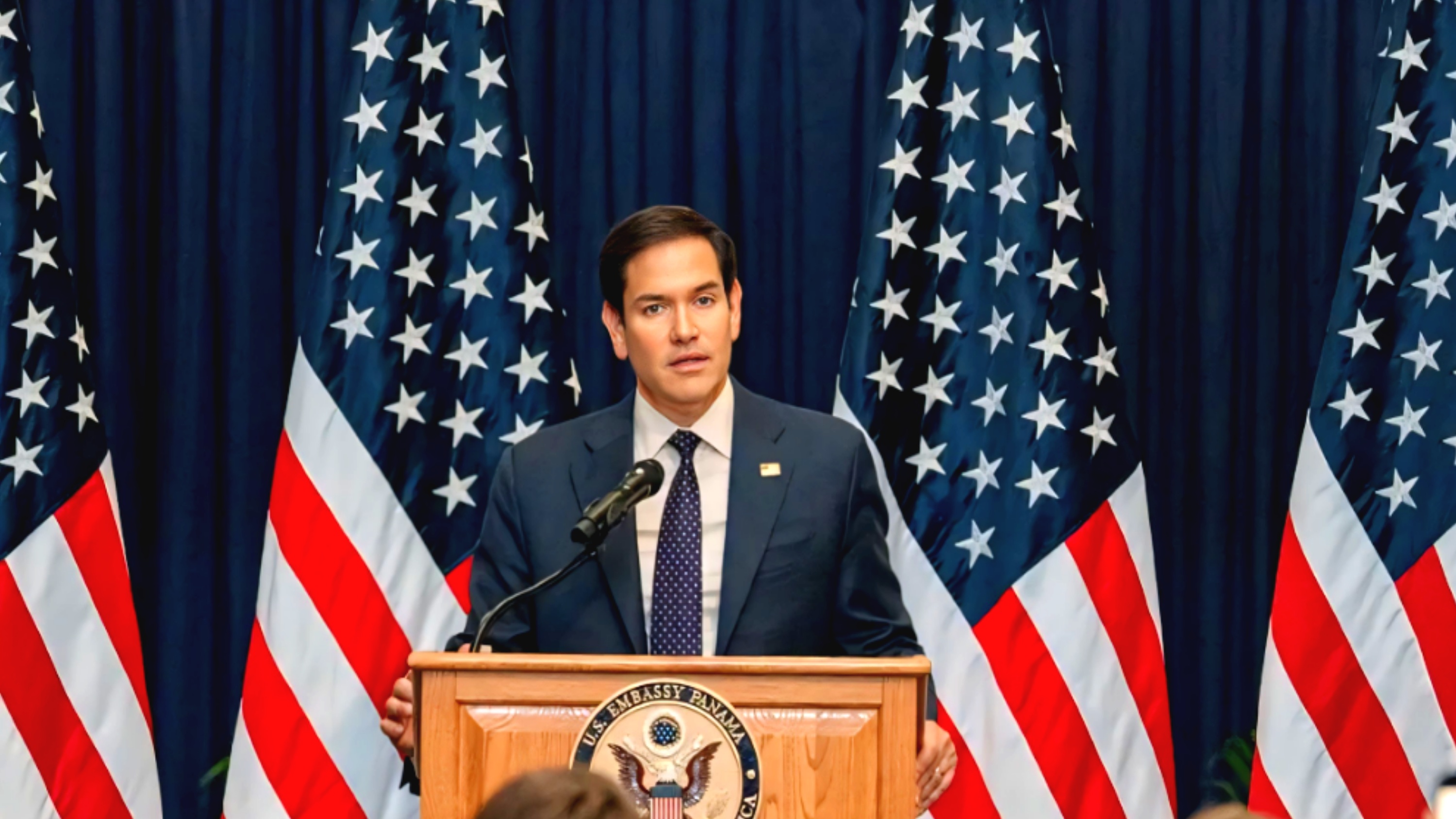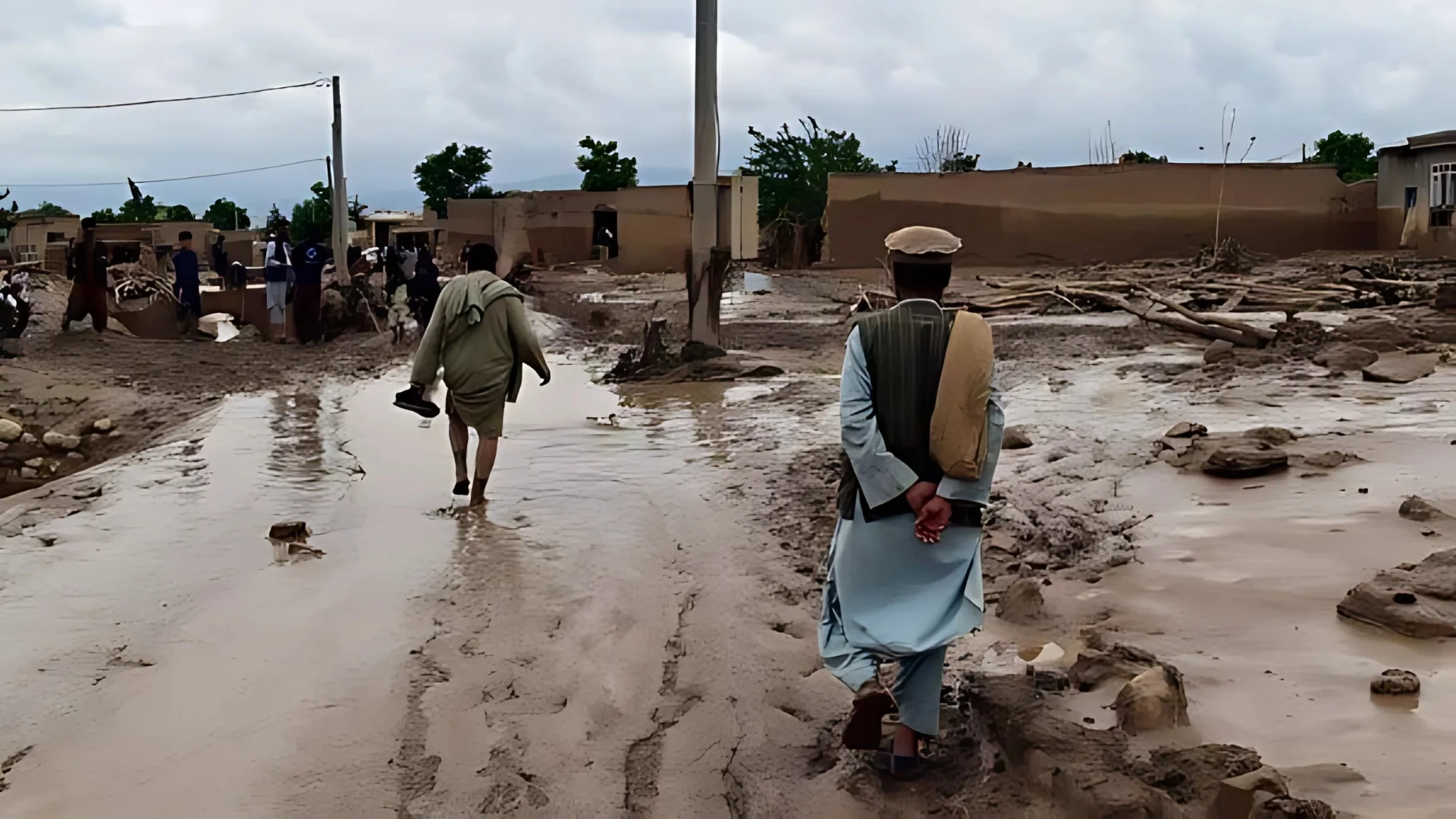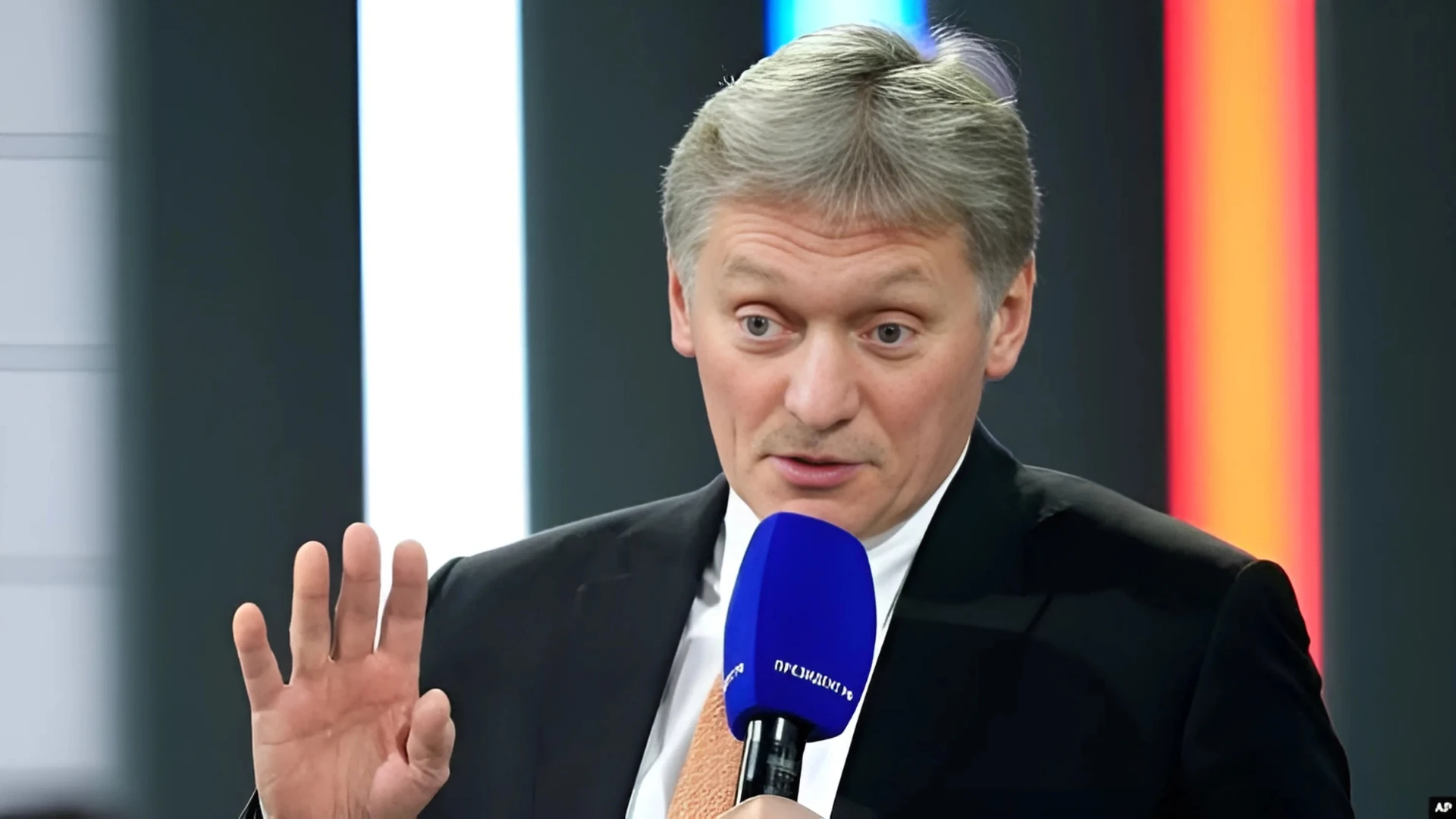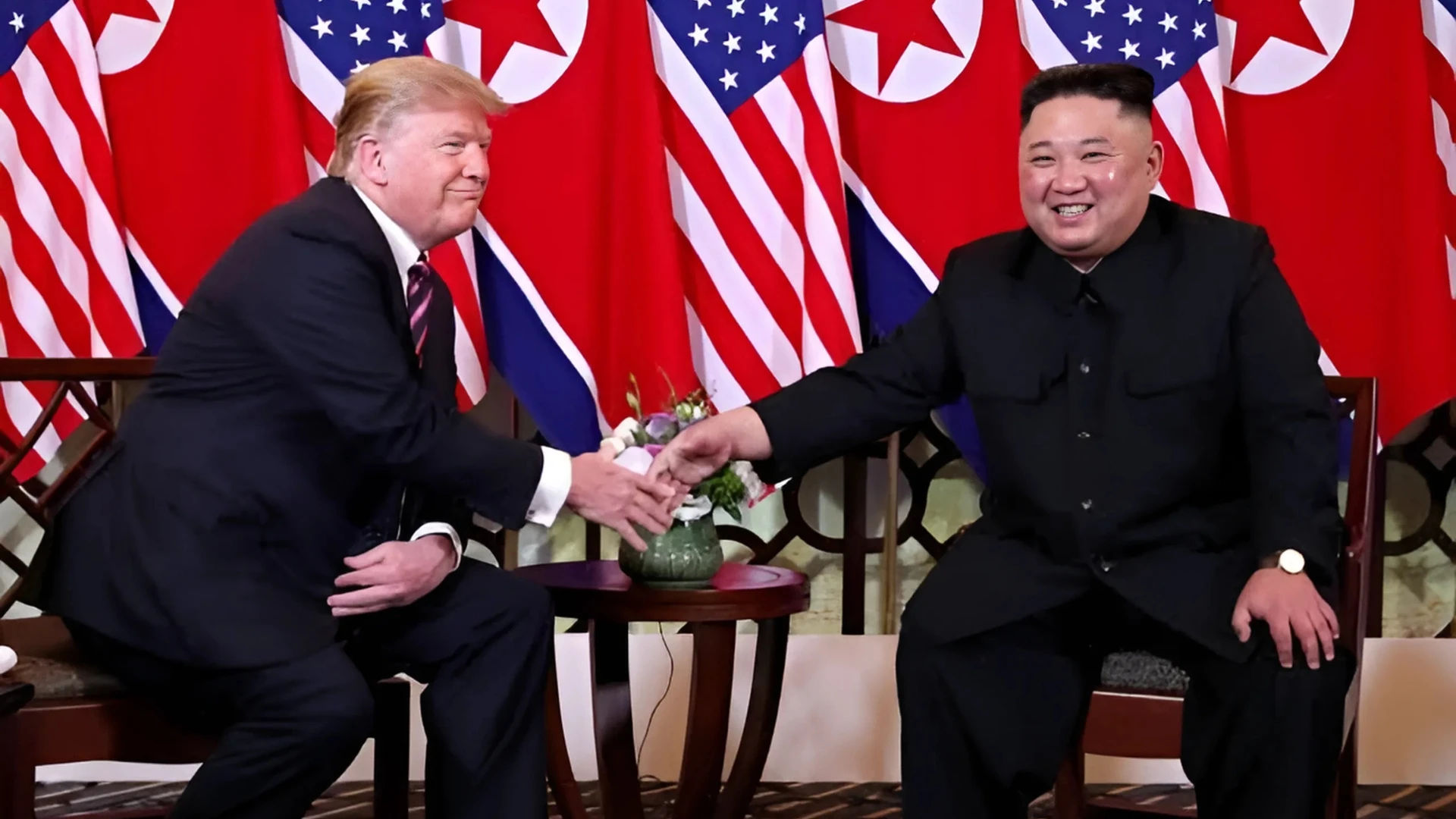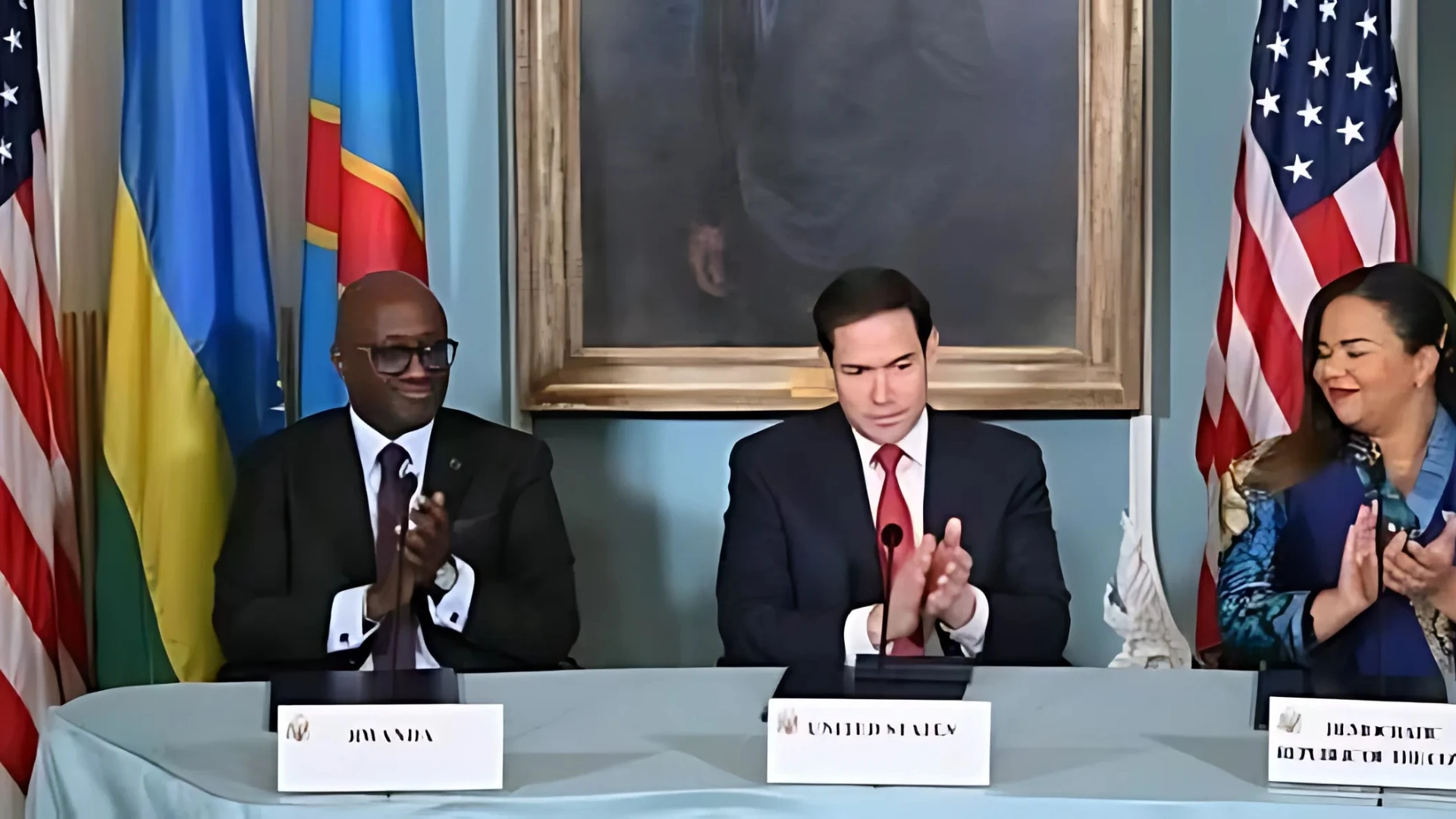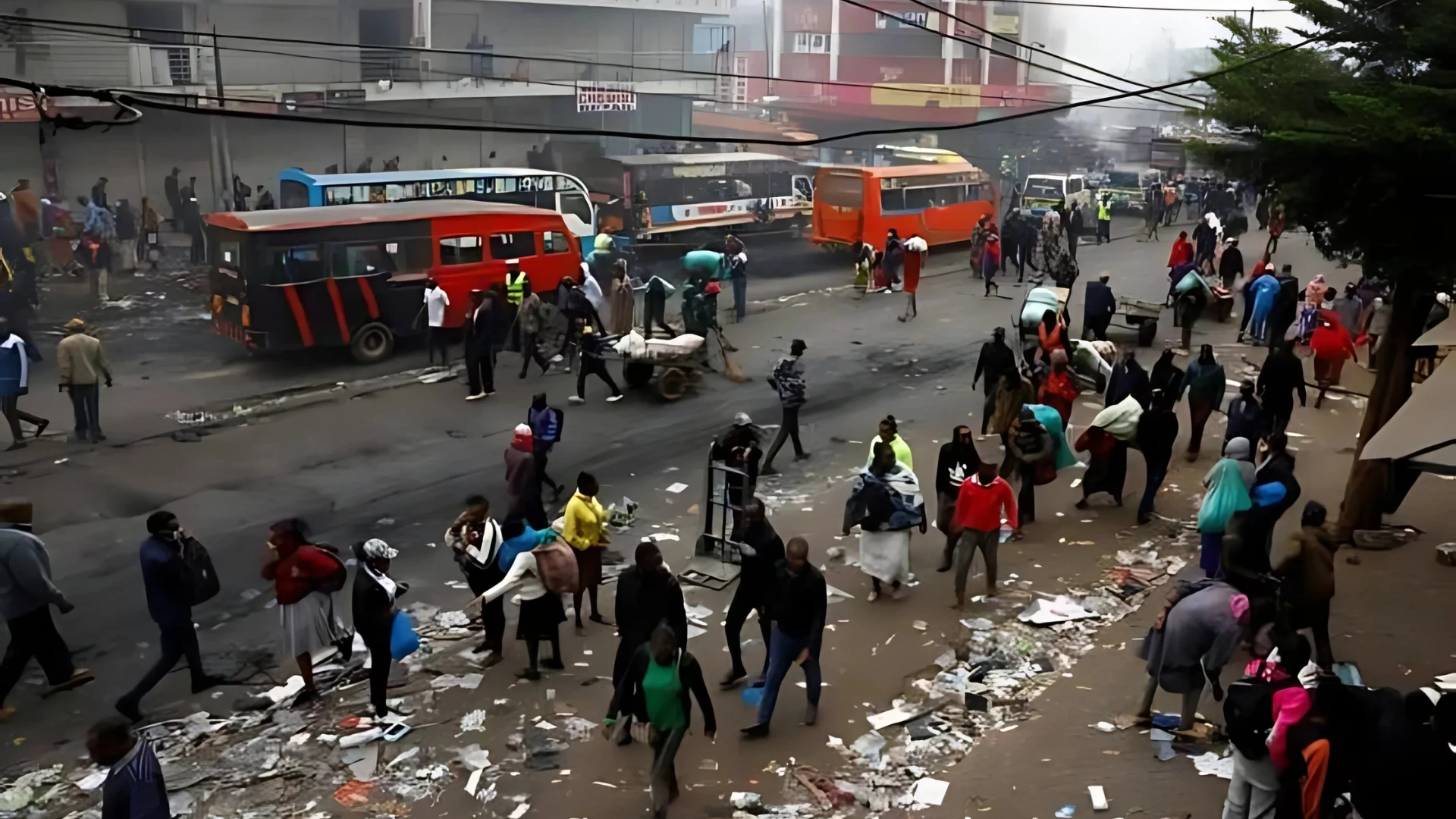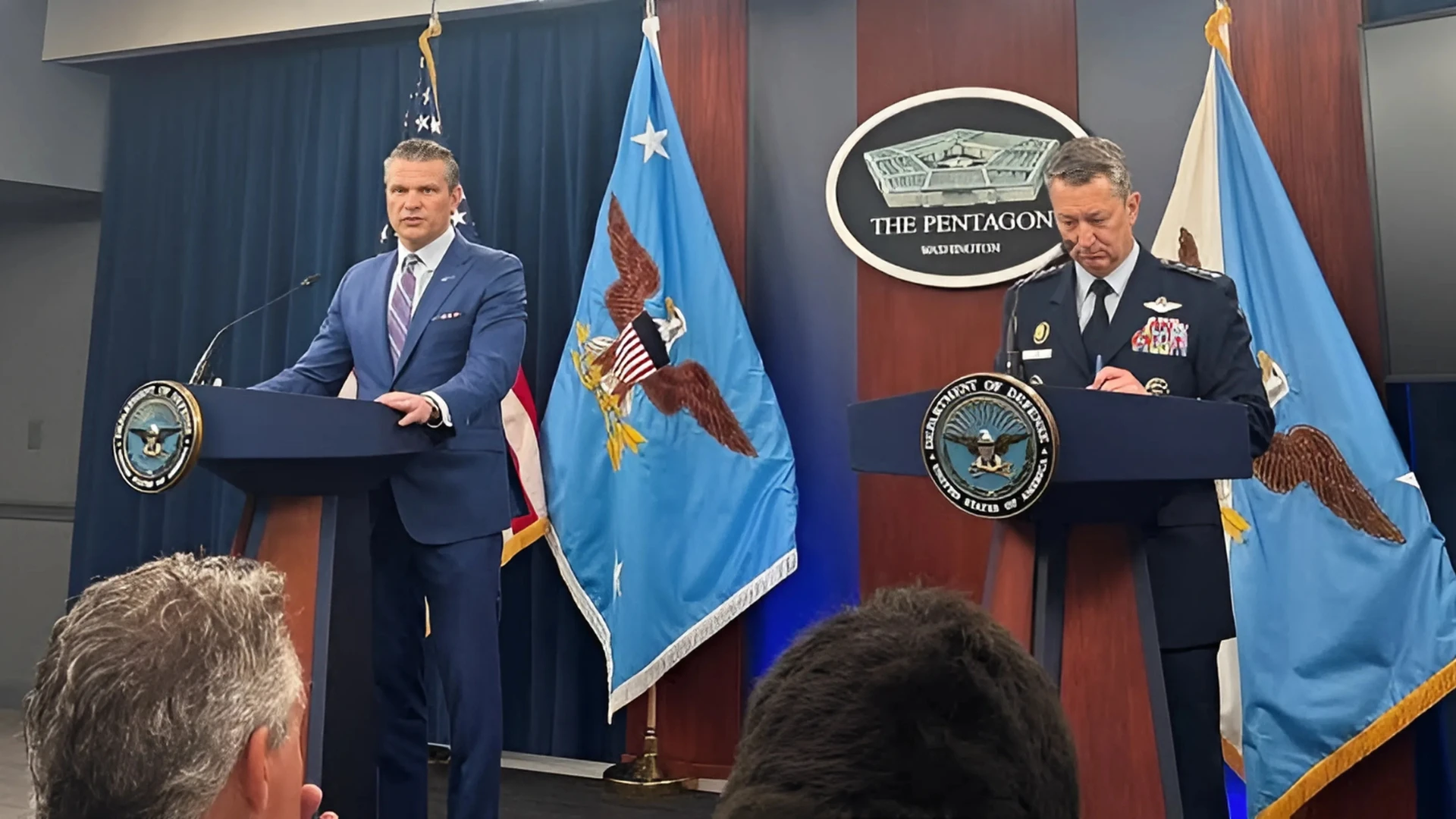Washington: United States Secretary of State Marco Rubio has announced that he will not attend the upcoming G20 foreign ministers’ meeting in South Africa, citing concerns over the country’s recent land expropriation law.
The decision comes amid rising tensions between Washington and Pretoria, exacerbated by criticism from former US President Donald Trump.
In a statement posted on X (formerly Twitter) on Wednesday, Rubio condemned South Africa’s stance, arguing that the country is using the G20 platform to promote "solidarity, equality, and sustainability," which he equated with diversity, equity, and inclusion (DEI) policies and climate activism. He asserted that his priority was protecting US national interests rather than supporting what he described as anti-American policies.
Rubio’s move follows recent remarks by Donald Trump, who accused the South African government of seizing private land and mistreating certain groups. Trump even threatened to cut US aid to the country, escalating tensions further.
South African President Cyril Ramaphosa swiftly rejected Trump’s allegations, clarifying that the land expropriation law is not a tool for confiscation but a legal mechanism designed to address historic inequalities in land ownership. The law permits land seizure without compensation in cases where it is deemed "just, equitable, and in the public interest," such as for unused properties. However, the South African government has not yet implemented any expropriations under the law.
Ramaphosa and his African National Congress (ANC) argue that the legislation is vital for correcting land ownership disparities stemming from apartheid.
According to a 2017 government audit, Black South Africans, who constitute over 80% of the population, own only 4% of privately held farmland, while White South Africans, who make up just over 7%, control nearly 75% of the land.
Rubio’s decision to boycott the G20 meeting, scheduled for February 20-21 in Johannesburg, has drawn mixed reactions.
Andrew Bates, a former White House deputy press secretary under President Joe Biden, criticized the move, calling it a sign of weakness that could harm US interests while benefiting China. "If you're not at the table, you're on the menu," Bates warned.
In South Africa, the opposition Democratic Alliance (DA), a party within the ANC-led national unity government, has also voiced concerns over the law. While the DA opposes land expropriation without compensation, it has pushed back against Trump’s claims, stating that the law does not allow arbitrary seizures. However, the party has expressed deep concern over the potential loss of US financial assistance.
The Trump administration has already implemented a freeze on most foreign assistance programs, with the US Agency for International Development (USAID) placing a significant portion of its staff on administrative leave. In 2023, Washington allocated approximately $440 million in aid to South Africa, a funding stream that could now be at risk.
As tensions between the US and South Africa grow, analysts warn that Rubio’s boycott and Trump’s threats could strain diplomatic ties and impact economic relations between the two nations. With South Africa holding the G20 presidency until November 2025, its role in global economic discussions may face further scrutiny from Washington.


